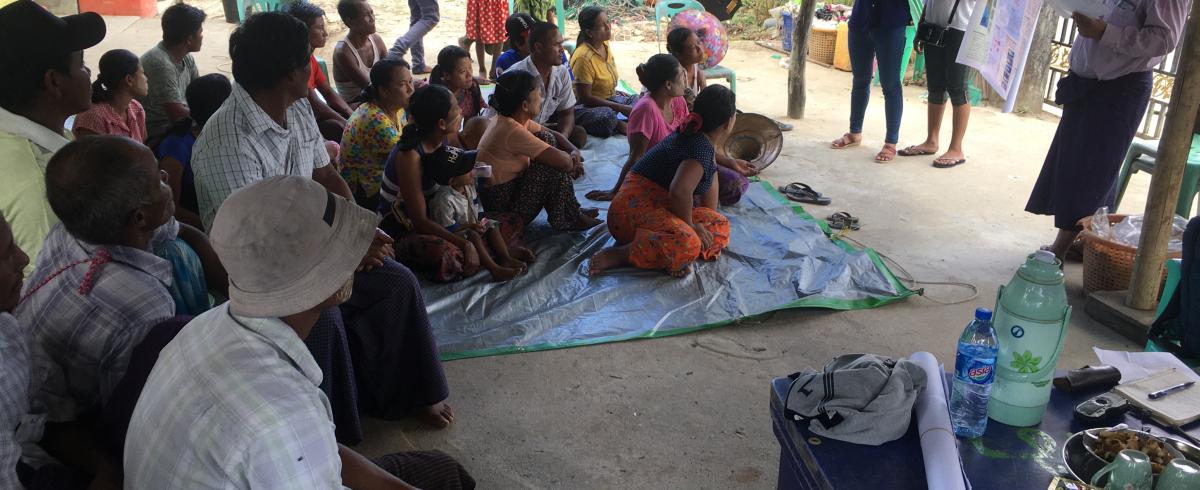Guía Metodológica para Construir Resiliencia ante el Cambio Climático en Comunidades Pesqueras
Ethos Laboratorio de Políticas Públicas y EDF México, con financiamiento de la Fundación Tinker, colaboran en el proyecto “Estrategias de resiliencia de las comunidades pesqueras mexicanas ante el cambio climático” (2021-2023), con el objetivo de fortalecer la resiliencia de las comunidades pesqueras ribereñas frente a los impactos del cambio climático. Para ello, han diseñado una guía metodológica, que consiste en una serie de pasos cuya implementación resulta en un Plan Comunitario de Resiliencia.

